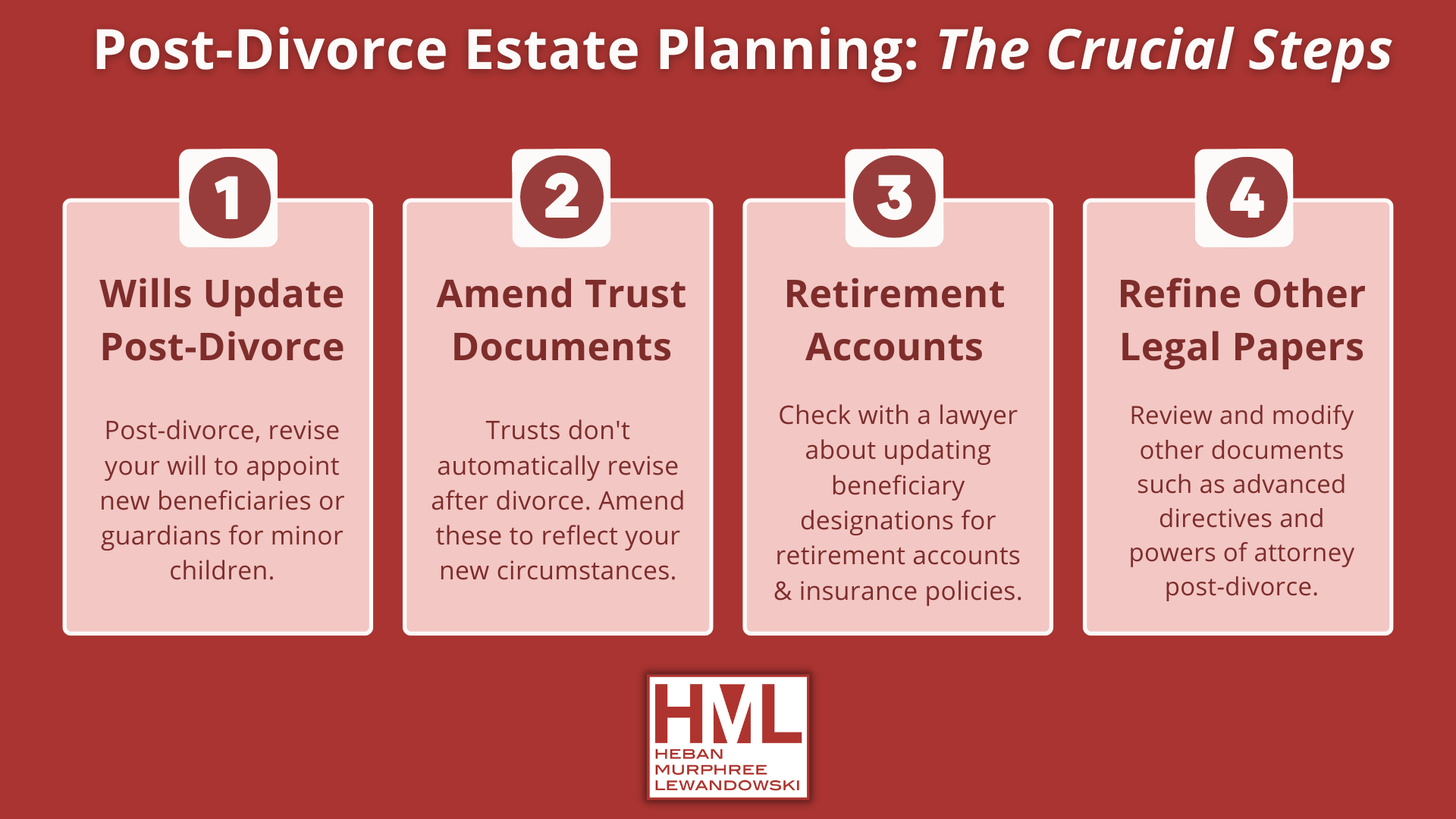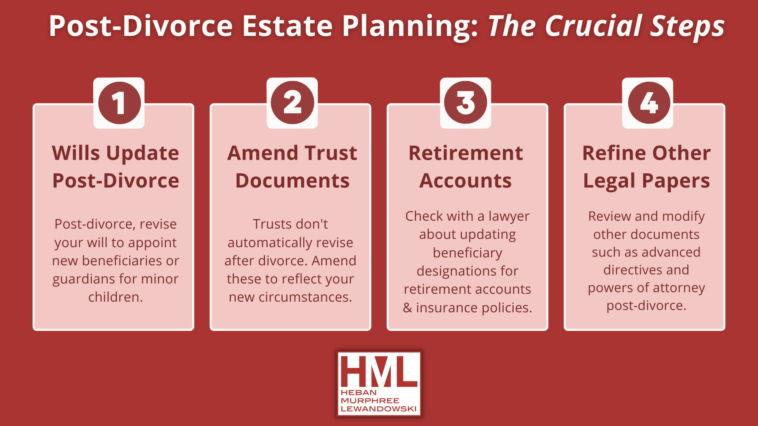
Decoding Estate Law: Preemptive Steps to Avert Post-Divorce Litigation
An unfortunate truth of life is that marriages may sometimes end in divorce. However, when divorce introduces disputes and complexities into estate planning, the parties involved lose more than just their marital bond. The ensuing “scorched earth” litigation can result in punitive financial damage and eroded family relationships. This article aims to unravel some crucial elements of estate law that can help prevent such adversarial outcomes.
Prevent Defaults Through Diligent Monitoring
Estate planning is a dynamic process that evolves with changes in clients’ personal trajectories. Keeping track of clients’ shifts in life, especially their end-of-marital-phase, can circumvent costly litigation. The onus, to a large extent, rests with the planners, whose vigilance in maintaining updated estate plans mirroring the testators changed circumstances is critical.
Avoiding Unintentional Transfers
One typical pitfall revolves around the failure to alter beneficiary designations post-divorce. Therefore, in the lack of revocation upon divorce, a deceased’s assets may unintentionally be inherited by an ex-spouse. Thus, it falls on estate attorneys and clients alike to be aware that this might not apply across all jurisdictions and to factor that into their planning strategies.
The Importance of Trust Modification Procedures
As dictated by Haggerty v. Thornton (2024), which underscored the statutory method of trust modification, it behooves estate plan initiators to comprehend the implications of choosing, rejecting, or making a chosen modification method exclusive or preclusive. Understanding these nuances enables estate attorneys to guide clients towards strategies that mitigate future litigious risks.
The Perils of Unresolved Joint Tenancy
A common misstep in failing to terminate a joint tenancy during divorce proceedings could result in the unintended inheritance of assets by the surviving ex-spouse. Therefore, it’s prudent to sever joint tenancy by adhering to the legal procedures before finalizing a divorce. Legal representatives should be acutely aware of these technicalities to provide effective advice.
Consideration of Ademption and Abatement
Ademption and abatement, critical components of estate law, come into play when an asset bequeathed no longer exists at the time of the testator’s death. Financial assets can morph over time due to structural changes in businesses or markets. Therefore, it’s crucial to adjust estate plans in accordance with such changes to prevent ademption and allow for an abatement of said ademption, thus ensuring that the testator’s intentions are upheld.
Conclusion
Active engagement in clients’ life events and their evolving estate planning needs is pivotal for attorneys. Keeping abreast of important differences in how family courts and probate courts resolve key issues can guide litigation strategies, streamline asset distribution, and maintain the integrity of a testator’s final wishes. Let’s strive to reduce the distress caused by divorce by proactive, responsible, and empathetic estate planning.
Originally Post From https://www.jdsupra.com/legalnews/divorce-need-not-ignite-estate-1747862/

